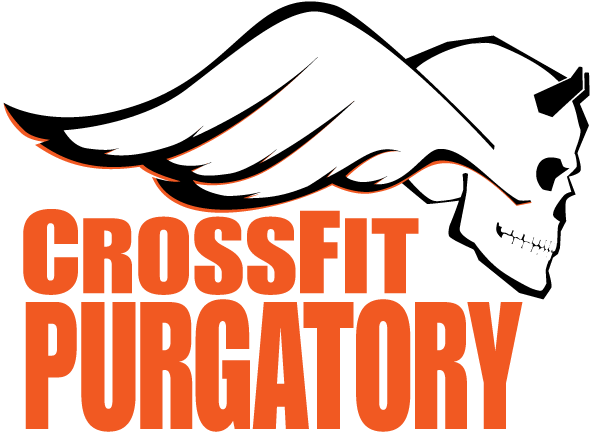“An ounce of prevention is worth a pound of cure.” -Benjamin Franklin
Life is unpredictable and sometimes in our sports, exercise, and daily life we come out of these unpredictable situations a little bit worse for the wear…
Some folks try to prevent these situations from happening through avoidance, but if you want to have a high quality of life I highly recommend you adopt a strength training program as your physical insurance policy. This is certainly a much more proactive approach to mitigating physical injury than hoping for the best.
“If you train hard, you’ll not only be hard, you’ll be hard to beat.” -Herschel Walker
Or if you are an athlete like Robert Griffin III, you may want to consider the risk factors of your sport. Robert, aka RG3, came into the NFL and was an instant phenom and fan favorite for his dazzling display of athleticism that was uncommon in quarterbacks. His jukes, spins, and leaps were no match for the demands professional football places on an athlete and RG3 has spent most of what was once a promising career watching from the sideline, injured.
You see, despite his athleticism, RG3 has not trained in a way that reinforced a fundamental movement pattern. As we look at the series of pictures highlighting the windup before an explosive jump we see a valgus knee fault, where his knees cave in, creating a very compromised position for the joints of his lower extremities. Even though not all injuries are preventable, by focusing more on proper technique and exercises that stabilized the knee joint rather than increasing strength and speed RG3 may have avoided some major injuries in his career.

“There are no shortcuts to any place worth going.” -Beverly Sills
So what should a workout look like?
Exercise should replicate natural human movement patterns. The ones we encounter on a day to day basis. Squat, lunge, hinge, push, pull, rotate and walk. Most exercises fall into at least one and sometimes several of these movement patterns. By addressing all of them in our training we not only improve our functional strength but also prepare our bodies for anything life could throw at them.
In one study published in the American Journal of Sports Medicine there was an 88% overall reduction in ACL injury rate in an intervention group of soccer players who participated in an injury prevention program. The right knowledge and a little consistency can go a long way when it comes down to keeping your body healthy.
Is your current training program addressing mobility, recovery, full range of motion, and then total body strength?
If you have suffered from injuries in the past or have concerns with your mobility it is important to address those with your trainer or coach. They will be able to help you by assessing the area of concern and designing a program to help you improve function with goals and checkpoints along the way. It is not always fun, easy, or sexy to do but giving attention to our problem areas will be easier to do the sooner you start.
“I hated every minute of training, but I said, ‘Don’t quit. Suffer now and live the rest of your life as a champion.”’ -Muhammad Ali
Don’t be the dad who throws out his back building sand castles at the beach. Talk to one of our coaches and we’ll help you tackle your challenge areas today!
